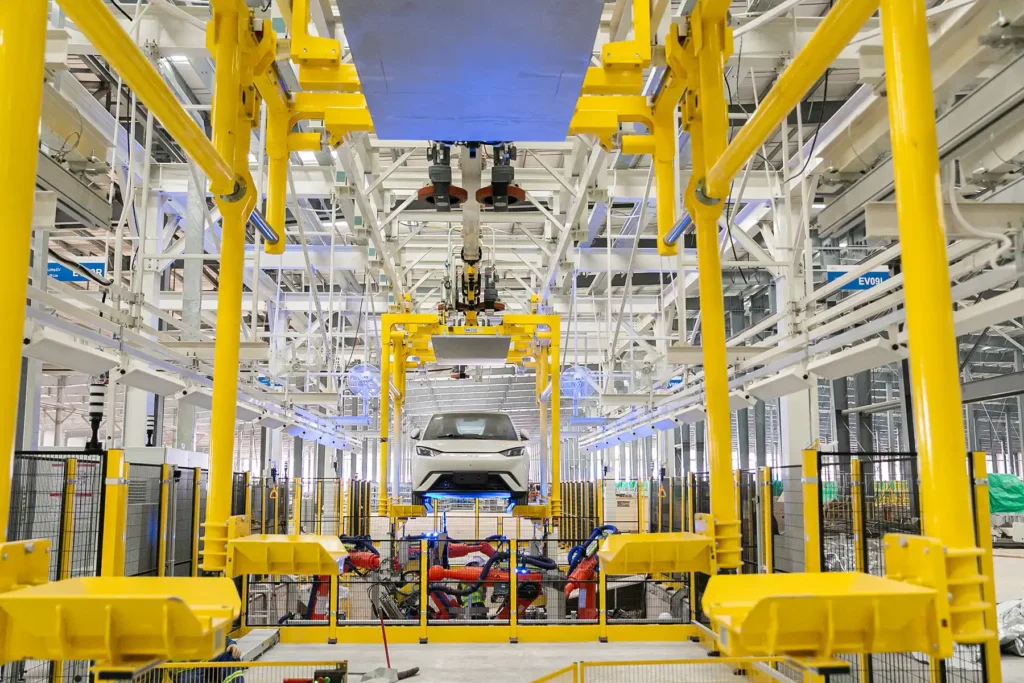Auto imports to Brazil from China tripled in 2024 over 2023, to a record US$3.138 billion.
In recent years, Brazil has shifted its trade flows, importing more products from China and fewer from the United States.
In particular, Brazilian imports of automobiles globally doubled in the last six-year period, from $4.191 billion in 2018 to $8.291 billion in 2024.
Other prominent auto suppliers to the Brazilian market in 2024 were Argentina ($2,394 million), Mexico ($758 million), Germany ($561 million) and the United States ($285 million).
Auto imports to Brazil from China
Below are car imports to Brazil from around the world, in millions of dollars, according to data from the Ministry of Development, Industry and Foreign Trade:
- 2018: 4,191.
- 2019: 3,320.
- 2020: 1,762.
- 2021: 2,954.
- 2022: 3,637.
- 2023: 5,790.
- 2024: 8,291.
GDP
As of May 19, 2025, Brazil’s federal government forecast GDP growth of 2.4% for 2025 and 2.5% for 2026.
For the first quarter of 2025, Brazilian GDP increased 1.4% compared to the previous quarter.
These are the auto imports to Brazil from China, in millions of dollars:
- 2018: 58.
- 2019: 98.
- 2020: 102.
- 2021: 125.
- 2022: 187.
- 2023: 1,086.
- 2024: 3,138.
European Union
On December 12, 2024, Brazil announced the closing of the negotiations of the Association Agreement between Mercosur and the European Union.
The pact is a milestone. It reflects commitments on sustainable development, fair trade and economic cooperation.
Among the key points is the total elimination of tariffs in the automotive sector. The dismantling will be gradual and will take 30 years.
Certain environmental barriers to trade will also be eliminated. In addition, multilateral regimes on labor and environmental issues will be established.
The agreement promotes sustainable production. In particular, it encourages small producers, cooperatives and indigenous communities.
The next steps have already been defined. They include legal review, translation into all official languages, formal signature and internal approval processes.
In the case of Brazil, the Congress will have to ratify it. Only after that, it can enter into force.
In addition, bilateral implementation is allowed. That is, it can be applied between the European Union and any Mercosur country that has ratified the treaty.

